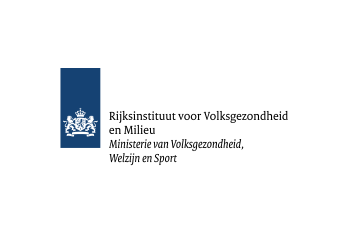Once you've received your HIV diagnosis, the doctor or nurse will talk to you about informing your partner or partners. This is because you might have contracted HIV from someone who is unaware of their HIV status.
If you inform someone, even anonymously, they can then decide to take an HIV test. Click here to read more about the risk of transmitting HIV. You are not obliged to let partners know you have HIV.
In brief:
- Informing your partner, or partners, is not mandatory
- Check who might have given you HIV and inform them, so that they can get tested
- If someone is aware they have HIV and the virus has been suppressed, they cannot transmit HIV through sex
- Check also if you might have transmitted HIV to anyone else, and inform them
- HIV is transmittable through sex if the person does not have a suppressed virus, but also through drug use (sharing needles).
- You can inform people anonymously, or in person
The importance of informing
Most transmission of HIV happens when people are unaware they have HIV. The sooner a person knows they have HIV, the better it is for their health. By informing others quickly, you give them the option of getting tested for HIV. They will be given medication that will prevent them from passing the virus on to other people. If a person has a suppressed virus (achieved by medication), that person can no longer transmit the virus through sex (undetectable = untransmittable: U=U; niet meetbaar = niet overdraagbaar: n=n [in Dutch]).
Who should you inform?
It is important to inform your partners if you:
- Think you got HIV from that person
- Have had sex without using a condom, after being infected with HIV
- Have shared needles to inject drugs, after being infected with HIV.
You do not have to inform partners if you:
- Know that they have HIV and are taking medication for it
- Know that they are on PrEP
- Have used a condom when having sex
- Had sex with them before you contracted HIV
- Had sex when your virus is suppressed; you cannot transmit HIV then.
Inform in person
There are various ways of informing partners. It is important to choose a way that feels right for you. It helps to think about what you want to say beforehand, and to assess how that person might react. You may want to inform your steady partner face to face. But with a casual sex partner, you may prefer to call them. You can also send them a text message, WhatsApp or a dating app message.
Inform anonymously
Informing partners anonymously is another option. If you don't want to do this yourself, you can do it through the GGD (Municipal Health Service) in your area, or your general practitioner. You can use the partnerwaarschuwing.nl website for this. You use a code given to you by your doctor or your general practitioner. Your partners will only be informed if you give permission to do so. You can also use an anonymous email address or telephone number to tell your partner, or partners, that you have HIV and to ask them to get tested.
Help with telling
Informing your partners that it is a good idea for them to get an HIV test can be tricky, because then they know you have HIV. An anonymous message may be a good idea then. Discuss your concerns with the nurse at the STI clinic, your general practitioner, your specialised HIV doctor or your HIV nurse. If you are unsure about informing them you could also call the Servicepunt (Service Desk) at the Hiv Vereniging (Dutch HIV Association) – Mondays, Tuesdays, and Thursdays from 14.00 to 22.00. The number is 020 - 689 25 77. Or send an email to This email address is being protected from spambots. You need JavaScript enabled to view it..









